Chinas Credibility on Trade and Taiwan Remains Elusive
Sort by
Date
-

Taiwan’s president labels China a ‘foreign hostile force’ and ramps up security measures citing ‘infiltration’
Lai Ching-te’s speech – which included a proposal to set up military courts – prompted an angry reaction from Beijing, which called him a ‘creator of crisis’. Taiwan’s new president has formally ...The Guardian - 5h -
Taiwan’s president seeks to bring back military courts
Lai Ching-te’s plans aim to strengthen armed forces against threat from China but could widen country’s partisan divideFinancial Times - 21h -
Latest news on Trump's trade war with Canada, China
China and Canada have imposed retaliatory tariffs against the U.S. as part of the trade war surrounding President Trump's new policies. CBS News' Weijia Jiang reports.CBS News - 3d -
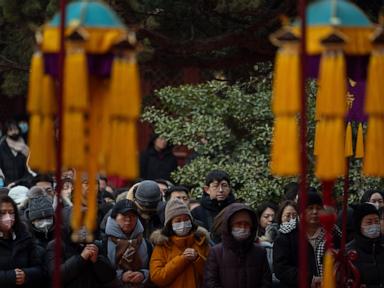
Consumer prices fell in China in February and remain flat in a sluggish economy
Consumer prices fell in China in February for the first time in 13 months, as persistent weak demand was compounded by the early timing of the Lunar New Year holidayABC News - 5d -
China preparing for a protracted trade war with U.S.
China announced retaliatory tariffs on U.S. agricultural products and targeted 25 American companies in response to the now 20% blanket tariffs President Trump placed on all Chinese goods. Anna ...CBS News - 4d -
China's retaliatory tariffs are a direct hit to U.S. farmers
Here are the products subject to China's retaliatory tariffs, and how U.S. farmers are reacting to Trump's trade policy.CBS News - 3d -

Taiwan’s asymmetric defense opportunity
Taiwan’s President Lai Ching-te took a major step forward on Feb. 14 when he publicly committed to raising Taiwan’s defense spending from 2.45 percent to 3 percent of GDP in 2025 through a special ...The Hill - 1d -
China says it’s willing to cooperate with the U.S. on fentanyl
China is willing to do more to address U.S. concerns about illicit fentanyl trade, an official from the Ministry of Foreign Affairs told reporters Wednesday.CNBC - 1d -
Trump might be willing to do a 'big trade deal' with China, veteran Singapore diplomat Mahbubani says
It is more likely that the Trump administration negotiates a deal with China, compared with the Biden administration, Kishore Mahbubani said.CNBC - 1d -

What Slowdown? Xi Says China Must Win the Global Tech Race.
Xi Jinping wants China to surpass rivals as a tech superpower, undeterred by economic woes or trade wars. Critics ask if this focus neglects struggling citizens.The New York Times - 3d -
Tariffs on China could raise wedding dress prices for American brides
American brides are facing the impact of the trade war, as tariffs on imports from China threaten to raise the cost of wedding gowns. Janet Shamlian reports.CBS News - 2d -

Trade partners impose new tariffs on U.S.
Both Canada and China launched new tariffs on the U.S. today in the escalating international trade war. Canada targeted energy exports and China’s focus is on agricultural goods. NBC News’ Kelly ...NBC News - 3d -
China to impose retaliatory tariffs on some Canadian products as trade war heats up
China on Saturday announced retaliatory tariffs on Canadian agricultural goods, hitting back after Ottawa slapped import duties on Chinese-made EVs.CNBC - 6d -
China returns fire in Trump’s trade war
Tariff salvo on US agricultural goods, Greenland goes to the polls and investors discover if buying Lego is still funFinancial Times - 4d -
China's retaliatory tariffs take effect as American farmers, stocks reel
China's retaliatory tariffs on U.S. agricultural goods will affect American farmers. This comes as the stock market continues to show the effects of a growing trade war. CBS News' Anna Coren reports.CBS News - 3d -
Stocks Rise After Tumult, but Investors Remain Wary of Trade Tensions
Markets rose on better-than-expected inflation news, but uncertainty spurred by more rounds of tit-for-tat tariffs continued to weigh on investors.The New York Times - 1d -
This Is Who Loses in a Trade War
Europe, not Canada, Mexico or China, is most vulnerable to the fallout from Donald Trump’s mercantilist policies.The New York Times - 4d -
China hits US farm goods with tariffs as trade war escalates
Beijing’s retaliatory measures target $22bn of agriculture products as well as timberFinancial Times - 4d -
Asia is a 'beacon of growth opportunities' as global trade war heats up, Singapore deputy PM says
Asia will remain a "beacon of growth opportunities" despite escalating global trade tensions, according to Singapore's Deputy Prime Minister Gan Kim Yong.CNBC - 2d -
Martin Wolf talks to Keyu Jin: Has China’s economy run out of gas?
The property crash and trade war are taking their tollFinancial Times - 4d -

A Timeline of Trump’s Tariff Fight With Canada, Mexico, China and the E.U.
In the first 50 days of his second term, President Trump’s penchant for imposing and then suspending tariffs has shaken markets and confounded trading partners.The New York Times - 14h -

Mastering Gravitas: 3 Essentials for Standing Out as a Leader
Here’s how to cultivate confidence, credibility, and impact.Inc. - 5d -
'Tariffs break trust': How Trump's trade policy is putting pressure on U.S. farmers
American farmers could ultimately feel even more pain as a result of President Donald Trump's tariffs on Canada, Mexico and China.CNBC - 1d -

China is poised to dominate biotechnology in the 21st century
Signs of China’s ascendance in biotechnology are everywhere.The Hill - 4d -

Want to get married or have kids? Companies hiring in China are being told to stop asking
Several Chinese trade unions have issued notices to companies to stop asking female jobseekers about their marital and childbearing status.NBC News - 22h -
Taiwan revokes residency for Chinese TikTok influencer
Spouse of Taiwanese citizen had advocated for annexation by BeijingFinancial Times - 2d -
New Chinese tariffs add pressure on American farmers amid ongoing trade war
China's new tariffs on U.S. agricultural goods take effect today, cutting into American farmers' largest overseas market. The move follows the White House's decision to end a major source of farm ...CBS News - 3d -

Canadian police identify remains of murdered Indigenous woman at landfill
Police said they had identified Morgan Harris, 39, and had also found more remains of another person. Canadian police have identified the remains of a murdered Indigenous woman at a landfill and ...The Guardian - 3d -
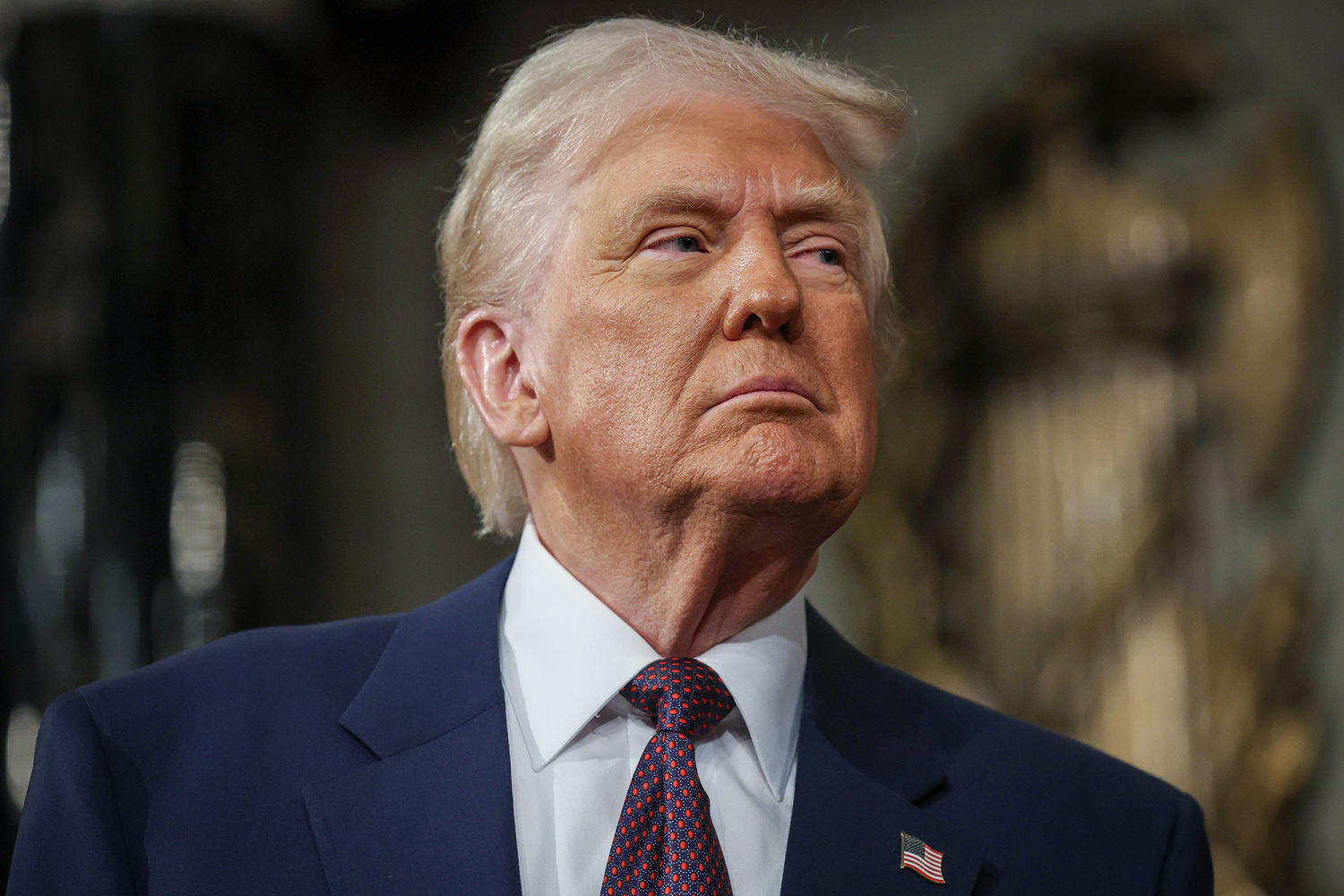
China rolls out retaliatory tariffs on U.S. agricultural goods
China rolls out retaliatory tariffs on U.S. agricultural goodsNBC News - 3d -
The case for China
Are Chinese stocks really “uninvestable”?Financial Times - 2d -
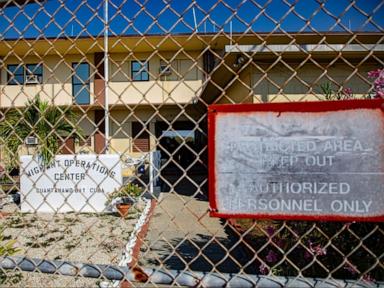
Remaining migrants at Guantanamo Bay moved to Louisiana to await deportation
All of the remaining migrants being held at Guantanamo Bay in Cuba have been moved to Louisiana over the last two days, according to a U.S. official.ABC News - 1d -

CFPB employees say mass firing plans remain in place
Two employees of the Consumer Financial Protection Bureau (CFPB) testified Tuesday that top officials’ plans to fire hundreds of workers remain intact, as a federal judge weighs whether to ...The Hill - 2d -
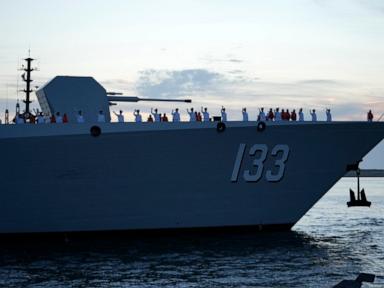
China, Iran and Russia hold joint naval drills in Mideast as tensions rise between Tehran and US
China, Iran and Russia have conducted joint naval drills in the Middle EastABC News - 2d -

World Boxing adds China's powerful federation, 5 more to its growing membership
World Boxing has added China to its growing list of membersABC News - 1d -

From chatbots to intelligent toys: How AI is booming in China
China plans to invest more than a trillion dollars as it races against the US to rule advanced tech.BBC News - 3d -

Trump’s tariffs won’t solve the opioid crisis, but a deal with China might
They provide leverage that Trump should use to strike a deal with China to more comprehensively regulate its pharmaceutical and chemical industries.The Hill - 1d -

Why China Is Worried About Trump’s Tariffs on Mexico
China’s exports to developing markets have soared, opening indirect routes to the U.S. market that officials in Beijing worry may be closed under pressure from President Trump.The New York Times - 6h -
Palestinian activist Mahmoud Khalil to remain in Louisiana ICE facility for now
The Palestinian activist who helped lead Columbia University's student encampment last year will remain in ICE custody in Louisiana. A Manhattan federal judge did not rule Wednesday on Mahmoud ...CBS News - 1d -
Jake Walman Trade To Oilers Leaves Red Wings Fans Flabbergasted
It’s Trade Deadline Day.Yahoo Sports - 6d -
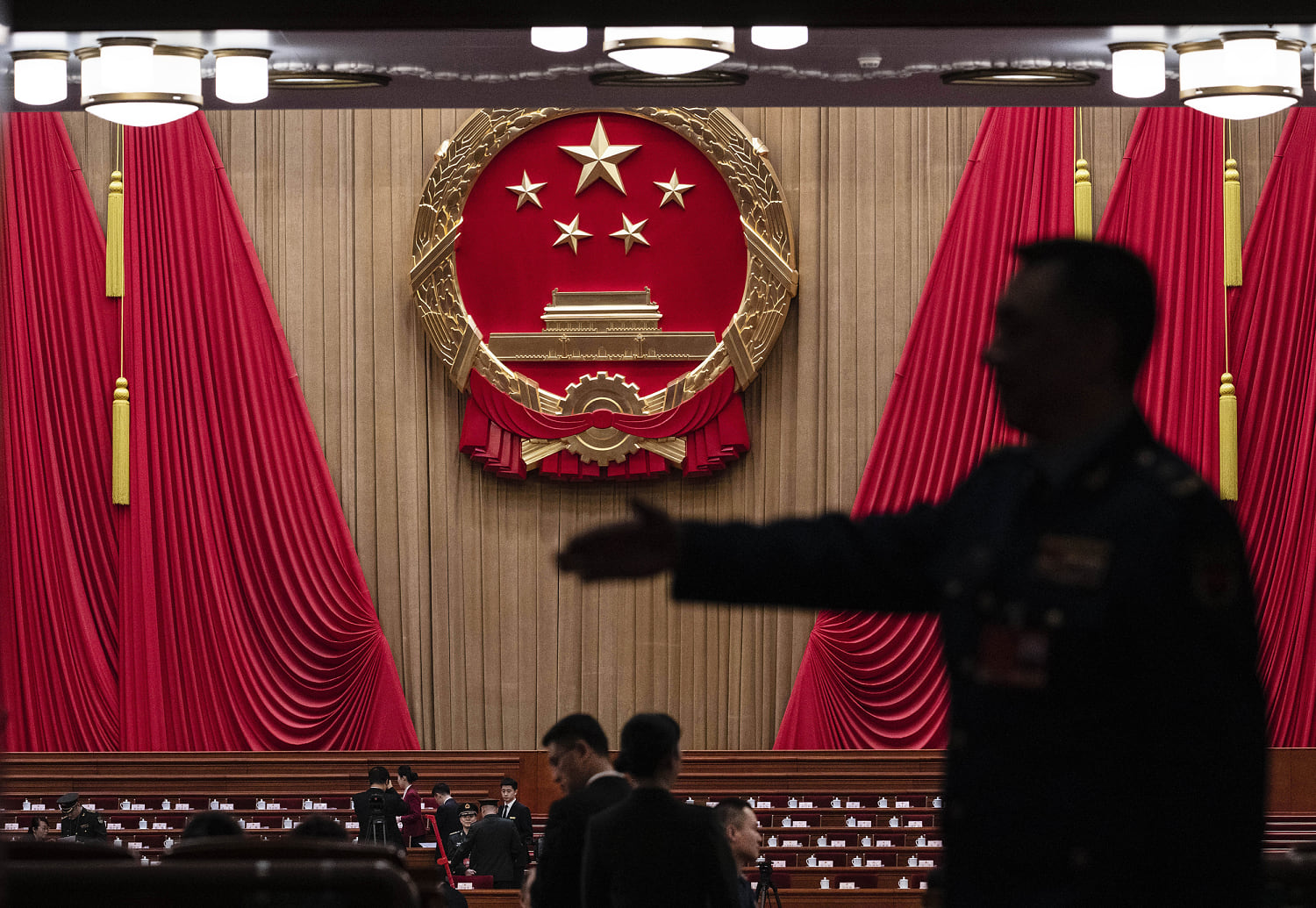
As Trump shakes the international order, China casts itself as a model of stability
Even as its economy slows, China is using its annual National People's Congress to present itself as a global stalwart as Trump upends America's alliances.NBC News - 5d
